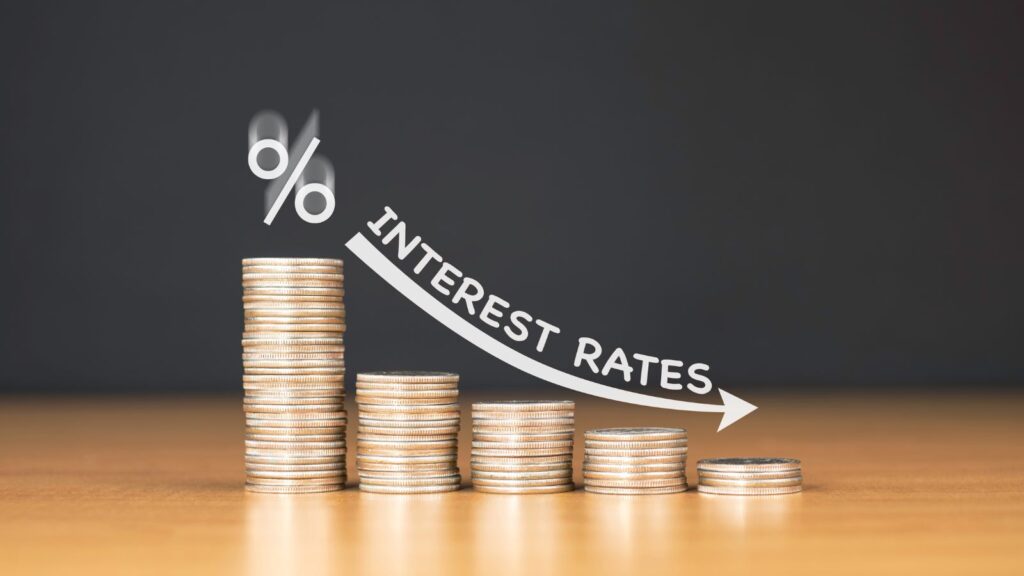If you’ve ever wondered why some folks have an easier time getting low interest rates or brilliant credit card benefits, it often comes down to their credit score. High earners usually have top-notch scores, and there’s a reason for that. Let’s check out the average rich person’s credit score and ways to improve your own score, no matter what your paycheck says.
What’s a Credit Score?

Your credit score is essentially like a report card, but for your finances, and it shows off how well you handle your cash. People who pay their bills on time and don’t go crazy with borrowing usually have the best scores. At the same time, people who borrow a lot and pay rather little of it back tend to have lower scores.
Breaking Down Credit Scores

Credit scores range from “Poor,” which is between 350 and 579, all the way up to “Exceptional,” which is between 800 and 850. Anything above 740 puts you in the “Very Good” spot, and that’s where most high earners are. This number means lenders will see you as a low-risk borrower, giving you more access to better financial products and interest rates.
Factors Behind Your Credit Score

Your credit score comes from various things, including your payment history and how much you owe. How long you’ve had credit and the types of credit you use also affects how lenders see you. Understanding this can help you manage your score better because you can focus on the areas that you need to improve.
High Rollers and Their High Scores

People with more money tend to have higher credit scores, with an average of 774. More income means less stress about bills, which means higher scores. Those who earn more can usually handle their finances better by paying off debts faster and having a buffer in their bank accounts.
Perks of Being a 774

A score of around 774 can get you lower interest rates on loans, which is pretty useful when rates are climbing, and you can also get some great credit card deals. It’ll also put you in a great position to negotiate with lenders for even better terms. Having a higher score gives you more benefits, saving you more money over time.
Payment History

The most important factor influencing your credit score is your payment history, Which means that you should always pay your bills on time because it’s the best way to improve your score. Start with any loans or credit cards you already have so you can build trust with your finances and improve your credit score.
Never Miss a Payment Again

Consider setting up automatic payments if you’re not good at remembering your bills’ due dates. This way, you’ll always pay on time and avoid any accidental late payments. These fees can add up more than you might realize, so paying on time means you’ll keep more cash in your own pocket.
Keep That Credit Utilization Low

Your credit utilization is how much of your available credit you’re using, and you should keep this under 30%. For example, if your card has a $10,000 limit, try not to use more than $3,000 on it. When your credit utilization is low, it shows lenders that you’re not depending too much on credit, which could get you better rates.
Old Credit is Gold

The longer you’ve had credit, the better, meaning it’s usually a good idea to keep old credit cards open, even if you’re not using them much. Don’t close your accounts Unless they cost you money in fees. An older credit history gives lenders a longer window to look at how you handle your finances, which usually works in your favor.
When to Say Goodbye to a Card

At the same time, if a card’s annual fee isn’t making sense for you anymore, it might be time to cut it loose. For example, if you’re not traveling enough to use those travel perks, then there’s no point having them. Think about how the card benefits you overall, and you might find that getting rid of it is the best option for your finances.
Different Credit Types

Don’t just stick to one type of credit; you want lenders to see that you can handle many different types, like a car loan or credit card. This shows lenders that you’re responsible for your money, and it supports your score. You want lenders to know that you can manage your finances well.
Fresh Credit Activities

While your recent credit activities will affect your score more, any financial decisions from the last seven years are on record. This means you should always try to keep things clean because you don’t want any mistakes to stick around. Keeping an eye on your credit report for mistakes and staying on top of your recent activity can improve your score.
Every Step Counts

Even if hitting a 774 score is difficult, it’s not impossible, and every step you take toward better credit helps. Small improvements can give you some big benefits, such as lower interest rates and credit limits. All of these benefits will help guarantee your long-term financial health.
If the Money’s Tight

If you’re struggling with your finances, you may want to speak to your lender because they could work something out to stay on track without hurting your score. Many lenders have programs that can adjust your payment terms until you get back on your feet. The worst that can happen is that they’ll say “no.”
Starting With a Secured Card

If you’re building or rebuilding your credit, a secured credit card could be a big help, as you’ll put down a deposit, which will be your limit. This is a relatively safe way to show lenders that you can handle credit. Over time, using a secured card responsibly can improve your score and give you better credit opportunities.
Limit New Credit Applications

Every time you apply for a new line of credit, lenders will do a “hard search” on you, which can slightly lower your credit score. If you’re shopping around for a loan, try making all applications quickly to minimize the impact. Usually, multiple inquiries for the same type of loan are treated as a single inquiryif they’re within a short timeframe.
Get a Credit Boost From Rent and Utilities

Thanks to services like Experian Boost, your rent and utility payments can also improve your credit score. This system allows you to add these payments to your credit history, which can be great if you’re always on time with your bills. You can get some extra credit for payments you’re already making.
Create and Stick to a Budget

By far one of the best ways to improve your credit score is by creating and sticking to a budget. This way, you’ll live within your means and keep making debt payments without causing too many financial issues. Effectively managing your budget will help to lower your overall debt levels and keep your credit utilization in check.
19 Grim Realities of Dating After 50 That Are Often Overlooked

19 Grim Realities of Dating After 50 That Are Often Overlooked
26 Things That Will Be Extinct Because Millennials Refuse to Buy Them

26 Things That Will Be Extinct Because Millennials Refuse to Buy Them
24 Outdated Slang Terms You Absolutely Shouldn’t Be Using Anymore

24 Outdated Slang Terms You Absolutely Shouldn’t Be Using Anymore
25 Hardest Parts About Getting Older That No One Ever Talks About

25 Hardest Parts About Getting Older That No One Ever Talks About






